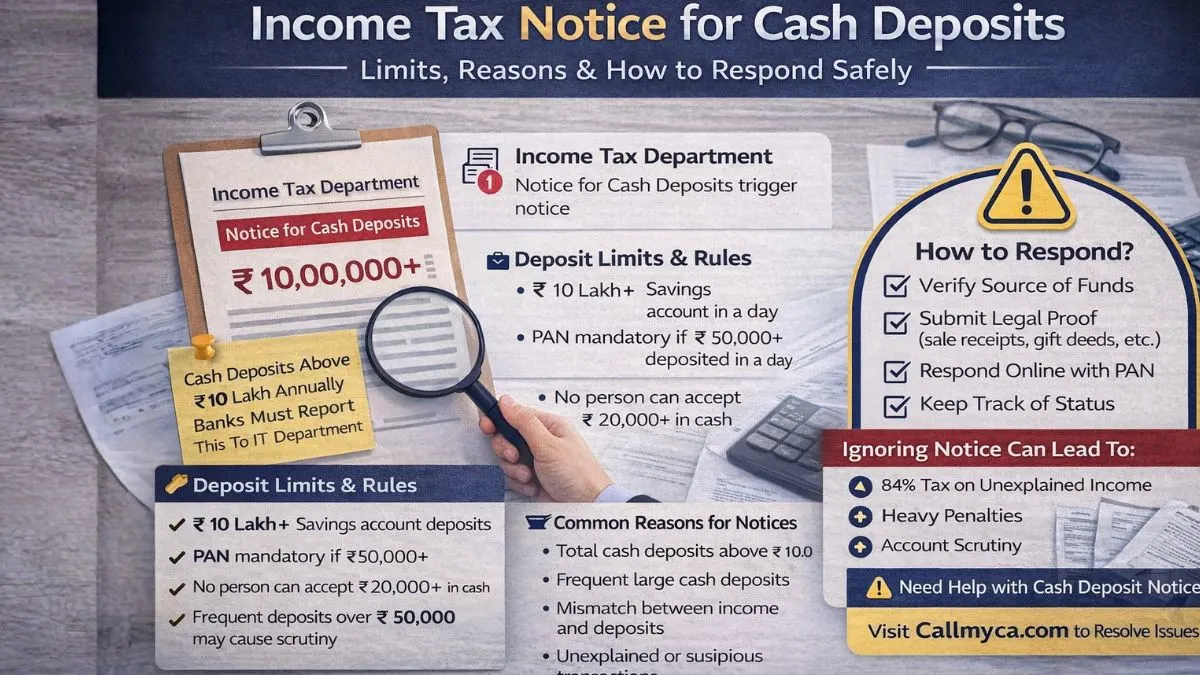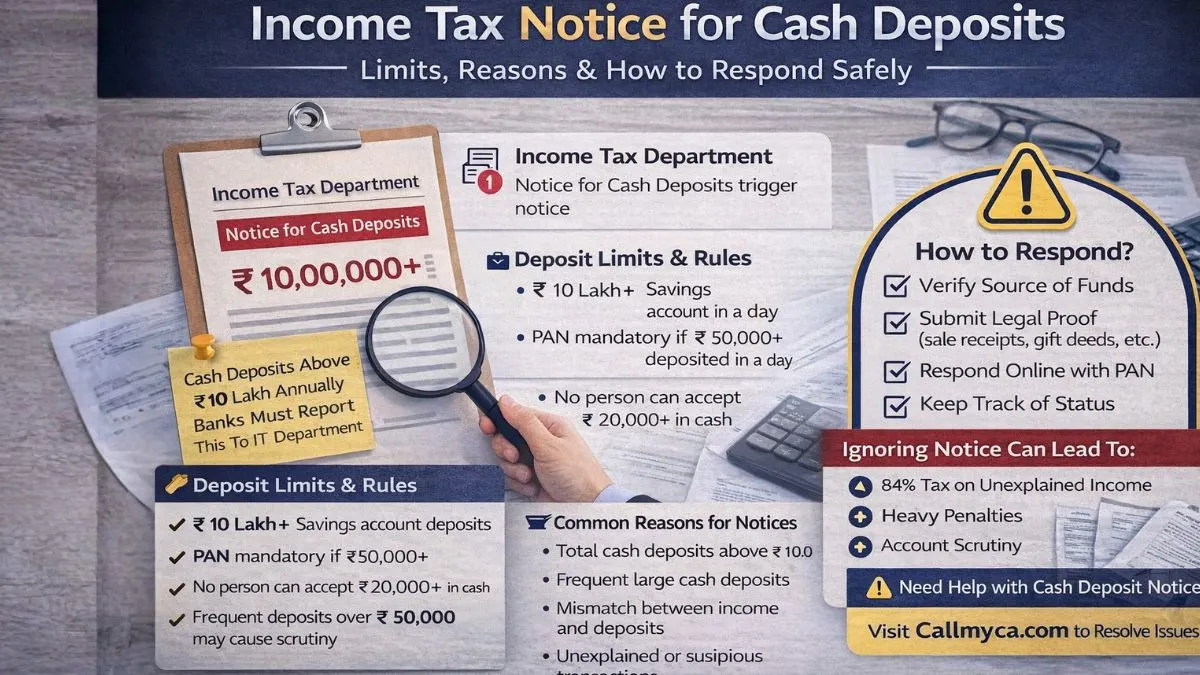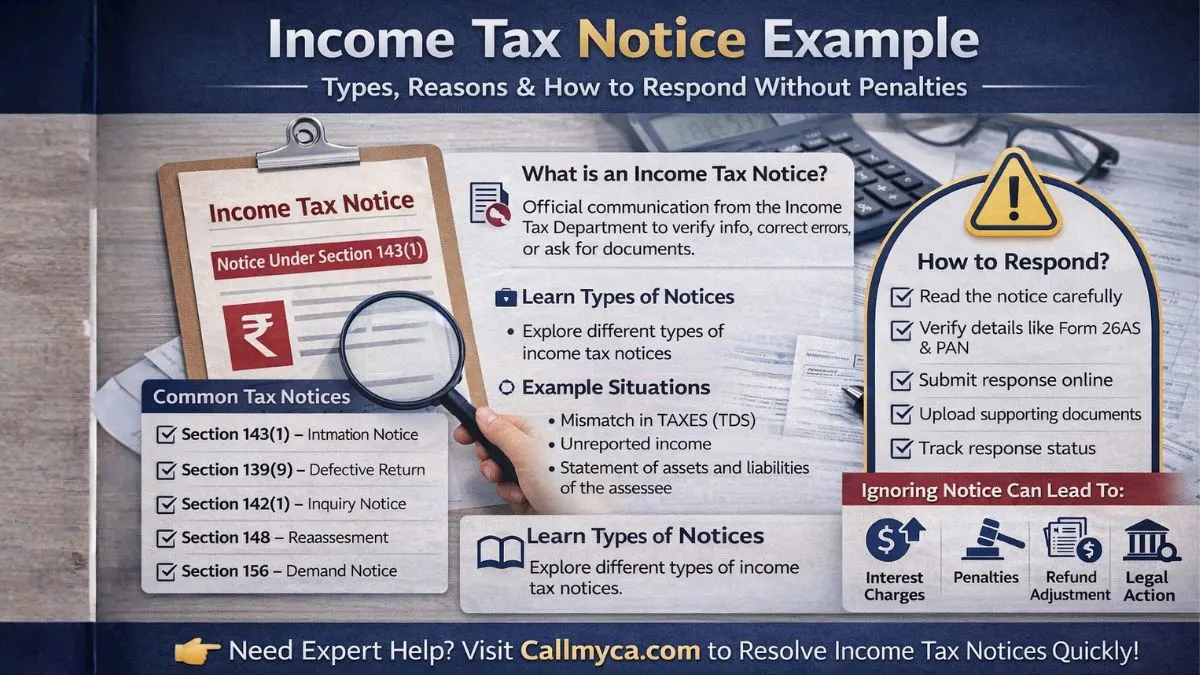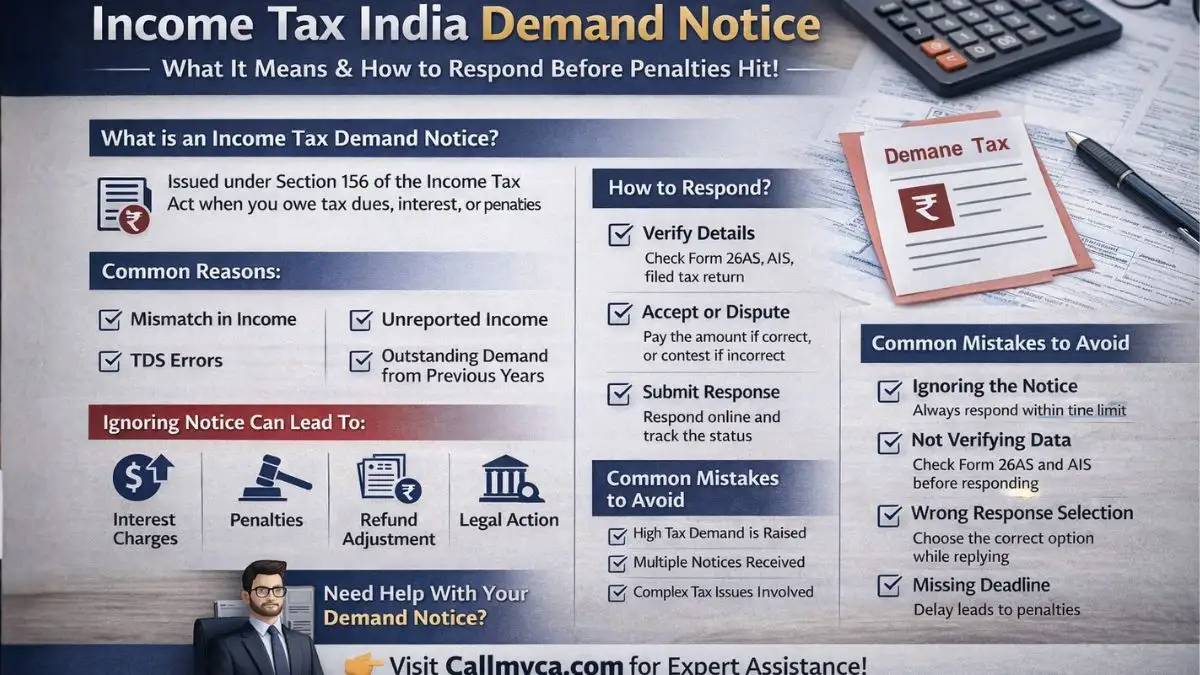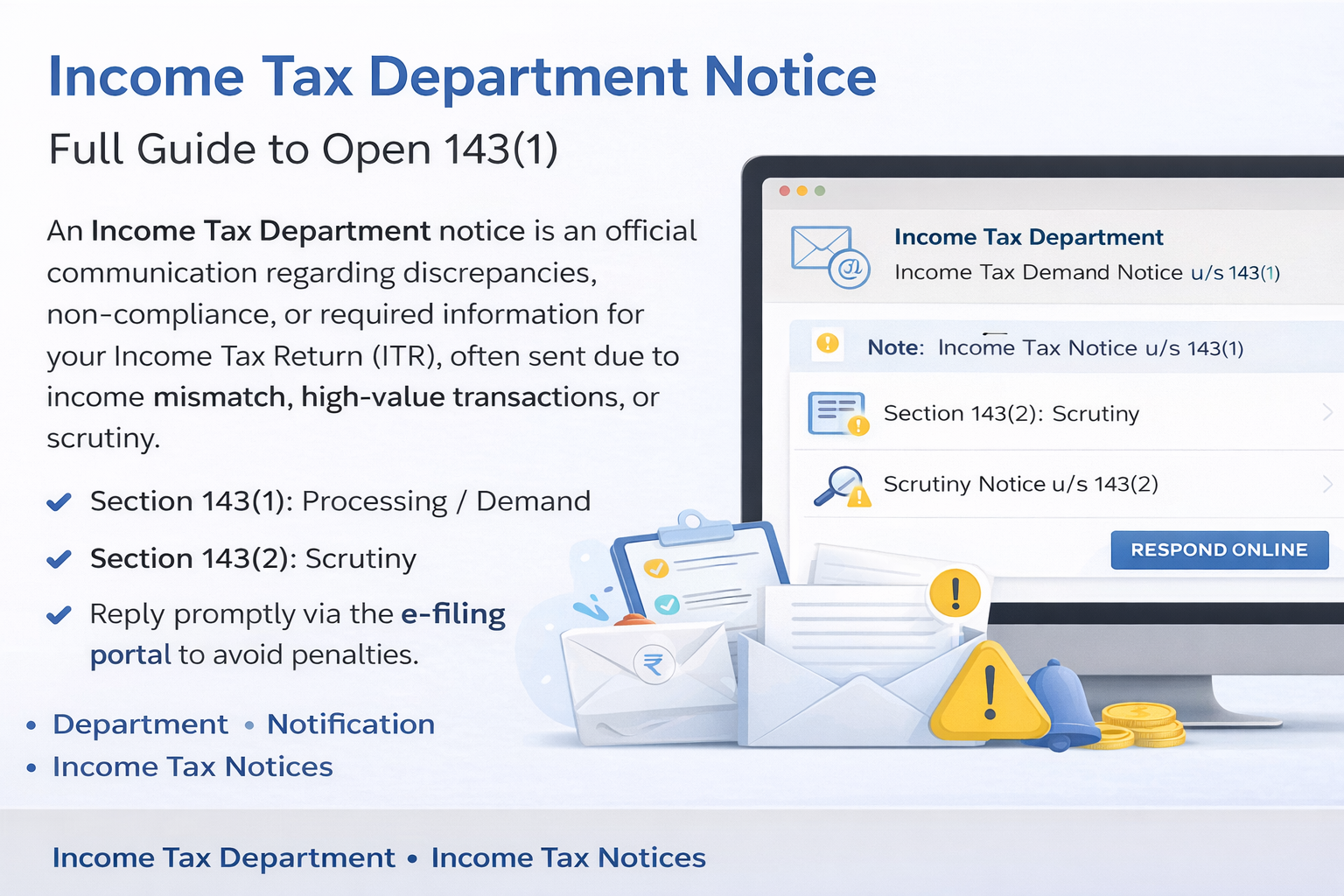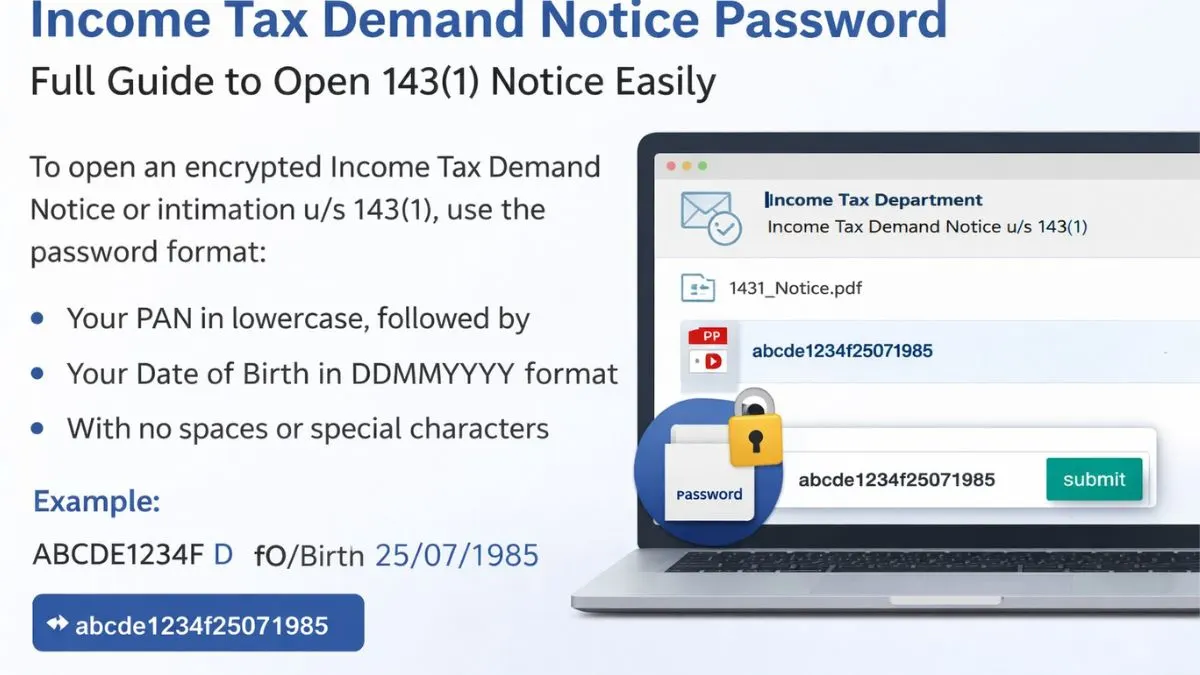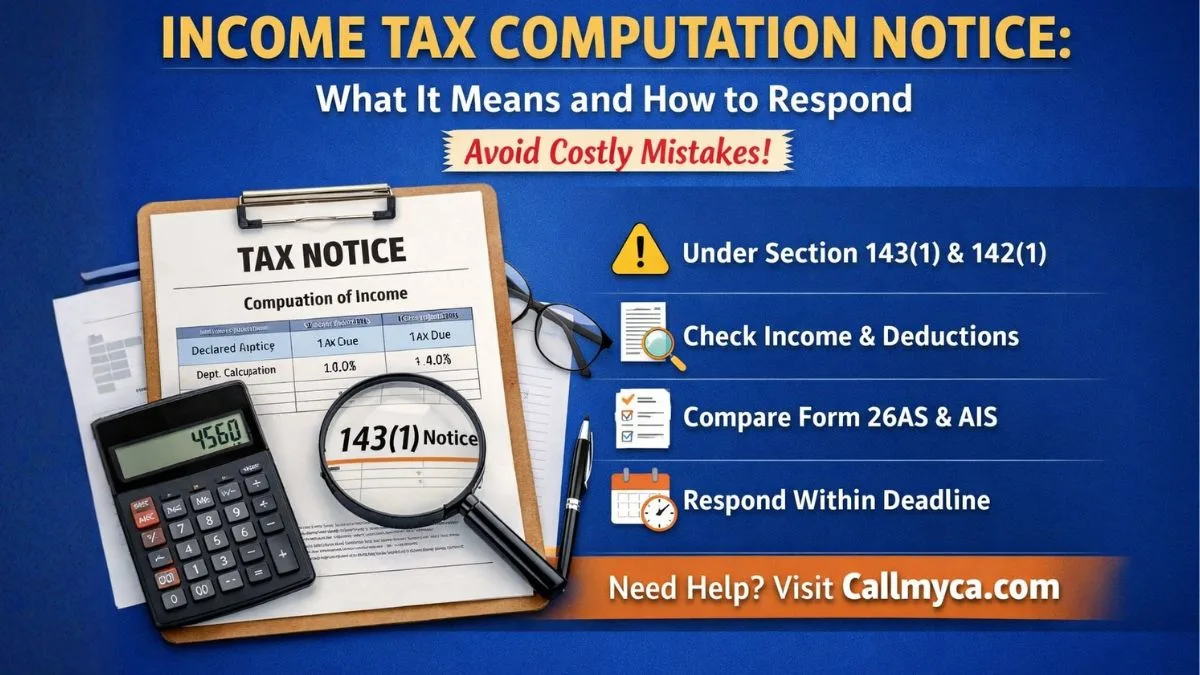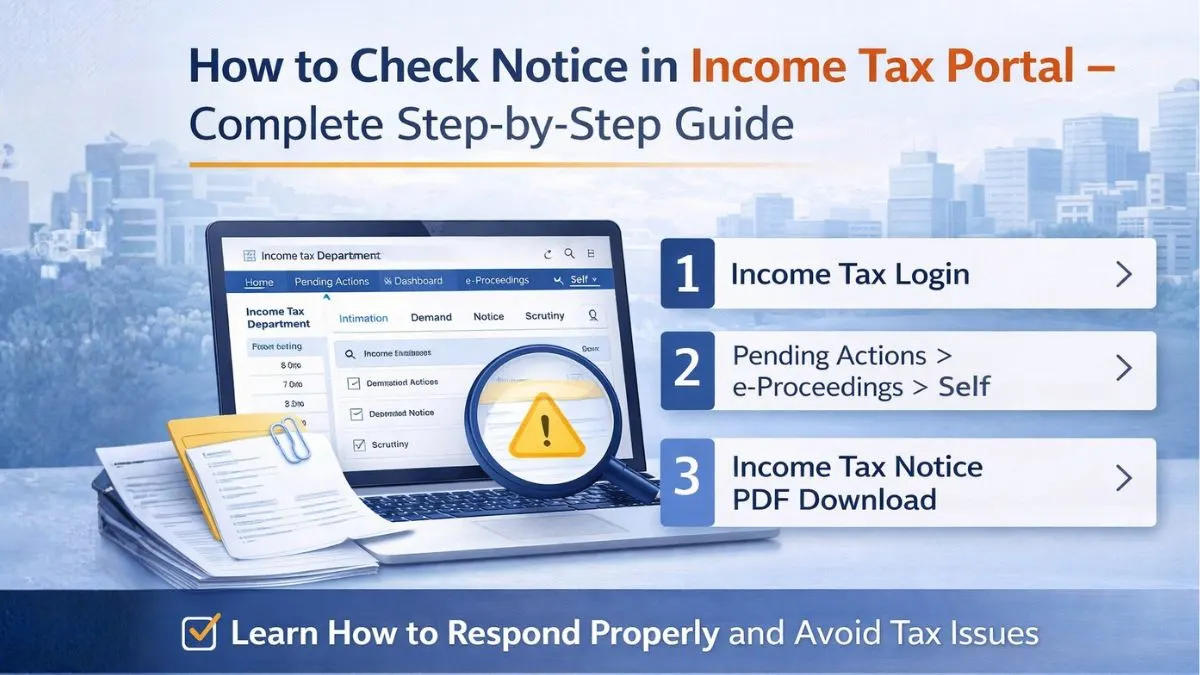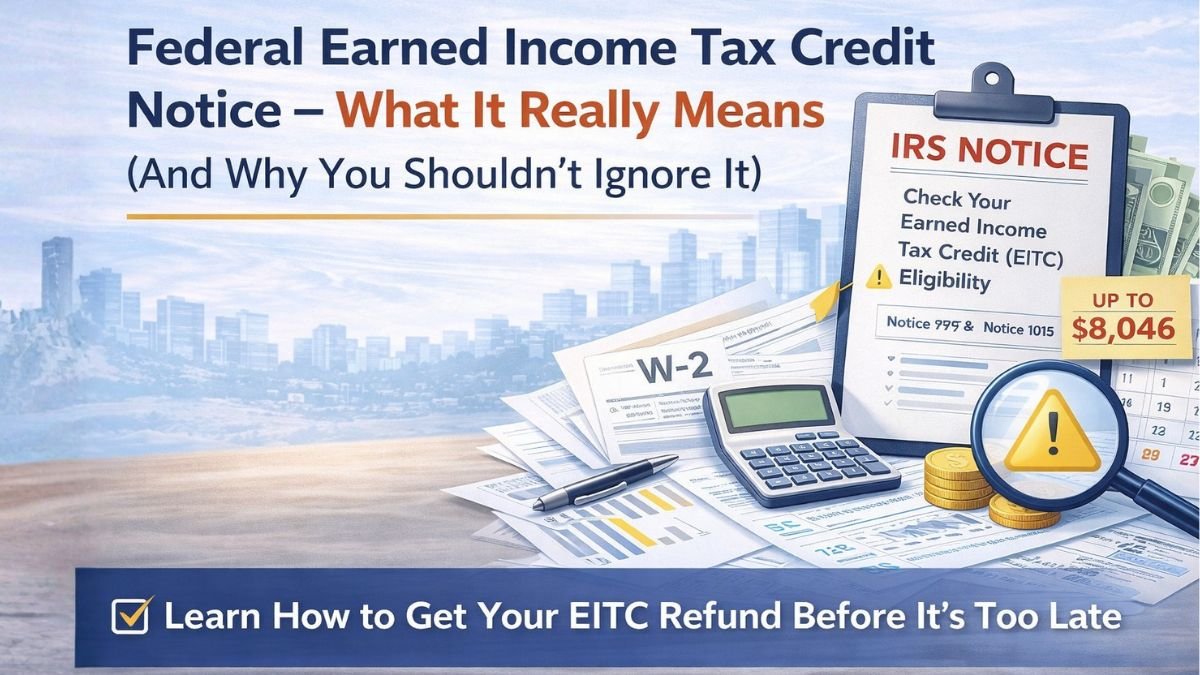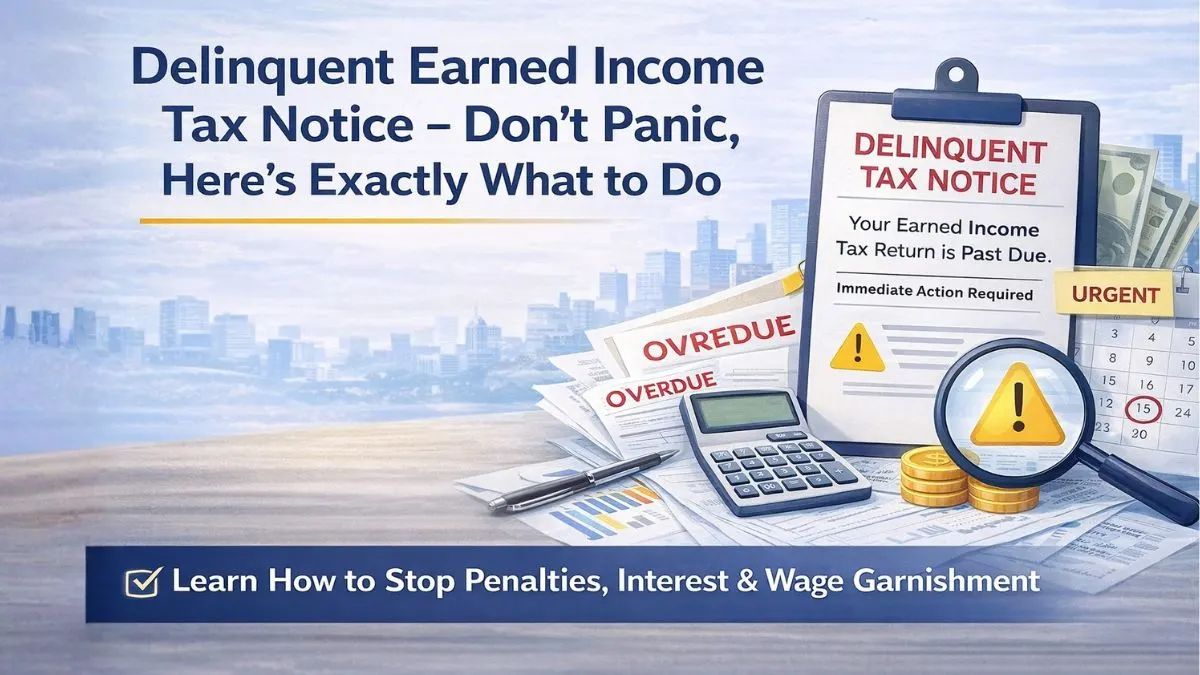
If you ever noticed an extra credit in your bank account and wondered whether the Income Tax Department would question it, yes, it can. That’s where Section 68 of Income Tax Act comes in.
This section requires the assessee to explain any sum credited to their books if it's not accounted for. If you can’t explain the source of funds? It’s considered unexplained income, and it can be taxed harshly.
🧠 Understanding the Core of Section 68
Section 68 of Income Tax Act 1961 kicks in when:
- You receive a sum in your books (bank statement, cash book, ledger)
- You fail to offer a satisfactory explanation about its source
- Or the explanation is not accepted by the Assessing Officer
In that case, the amount is added to your taxable income.
It doesn’t matter whether you are a salaried person, a small business, a private limited company, or even a startup—it applies to all.
🔍 What Triggers a 68 Assessment?
The section is often used when:
- Share capital is raised, but investor details are missing
- Loans are received without proper PAN or ITR proof
- Cash deposits are high compared to reported income
- Gifts from relatives or friends are unsubstantiated
- Bank credits don’t match the income disclosed
Yes, even an innocent-looking transaction can raise flags if not documented well. "
📌 Applicability: Who Should Be Worried?
Section 68 of the Income Tax Act is wide. Whether you're a first-time entrepreneur or an established CA handling a large firm, this section has likely crossed your path.
Even if you think “I’ve done nothing wrong,” the burden of proof lies on the assessee.
If you're wondering if you can avoid it, no, you can't.
This section applies to:
- Personal returns
- Company filings
- Trusts and societies
- Private loan receipts
- Angel and venture fund infusions
💸 Section 68 and Share Capital
Let’s talk about one of the hottest topics—section 68 of the Income Tax Act- share capital.
Many startups or private limited companies raise capital by issuing shares. But if the identity, creditworthiness, and genuineness of the investor cannot be established, the entire capital raised can be taxed as unexplained income under Section 68.
Even if funds come via banking channels, just a bank statement isn’t enough anymore.
⚖️ Case Laws on Section 68 of the Income Tax Act 1961
Let’s walk through some key case laws on section 68 of Income Tax Act:
- CIT vs. Lovely Exports (P) Ltd: If the identity and creditworthiness of shareholders are proven, the company is not liable for their source of funds.
- PCIT vs. NRA Iron & Steel (SC judgment 2019): The Supreme Court held that even if money came via a bank channel, failure to prove source and genuineness makes it taxable under Section 68.
- Latest orders on section 68 of the Income Tax Act reflect that shell companies and bogus capital infusions are under heavy scrutiny.
Want to read deeper? You can download Section 68 of the Income Tax Act PDF from the Income Tax Department’s site or consult the bare act.
📅 Timeline and Notices: Is There a Deadline?
If you're wondering, like with 142(1), whether there's a time cap—yes and no.
Assessments related to Section 68 of the Income Tax Act 1961 are usually done during scrutiny (under Section 143(3)) or reassessment (under Section 147).
There’s no fixed time for the department to question a transaction, but it usually follows ITR filing or AIS scrutiny triggers.
💥 Tax Rate Under Section 68 of the Income Tax Act
Now here’s where it hurts.
Unexplained cash credits under section 68 are taxed at a flat rate of 60% under Section 115BBE, with a surcharge of 25% on the tax amount & 4% cess, leading to an effective tax rate of over 78%.
And no deduction is allowed against this income, not even under 80C or business losses.
Yes, it’s brutal.
🔧 Amendment to Section 68 of the Income Tax Act
Recent amendments in section 68 of Income Tax Act have made it tougher for companies.
Now, even if you prove the identity of the investor, you also need to prove the source of their funds.
That means: If your investor borrowed money, you may be asked to explain where they got the money from. This came into force especially after section 68 of the Income Tax Act 2018 updated.
It’s not just a formality anymore—it’s deep verification.
🔍 Section 68 with Example (Simplified)
Let’s say Mr. Arjun is a small business owner.
In his books, ₹12 lakh appears credited from an “old friend” who he says gave it as a loan.
But he has no loan agreement. The friend doesn’t file ITR. The bank transfer is real, but no explanation of the source is given.
In such a case, the Assessing Officer will invoke section 68 of the Income Tax Act & treat ₹12 lakh as unexplained income, taxed at 78%.
That’s how strict this provision is.
📊 Supreme Court Judgement on Section 68 of the Income Tax Act
The Supreme Court’s judgment in NRA Iron & Steel (2019) set the tone.
It declared:
“Mere submission of PAN or bank statement is not sufficient. The onus to prove genuineness & creditworthiness lies with the assessee.”
This judgment empowered officers to ask for multi-level source explanations, bringing massive changes in how audits are handled. "
🔎 Analysis of Section 68 of the Income Tax Act
Here’s our breakdown:
|
Parameter |
Impact |
|
Primary Use |
Curb black money, bogus transactions |
|
Tax Rate |
78% effective (incl. surcharge and cess) |
|
Common Targets |
Startups, cash-based businesses, & unaccounted loans |
|
Proof Required |
Identity Genuineness Creditworthiness |
|
Documents Needed |
PAN, ITR, bank statement, loan agreement, confirmation letters |
|
Trend |
Increasing scrutiny using AIS and TIS data |
📘 Section 68 in Hindi (For Taxpayers Who Prefer Simplicity)
“आयकर अधिनियम की धारा 68 तब लागू होती है जब आपकी बहीखाता में कोई राशि जमा हो, और आप उसका स्रोत सही से नहीं बता सकें। ऐसा होने पर उस राशि को आय मानकर कर लगाया जाता है।”
✅ Final Thoughts: Don’t Take Section 68 Lightly
If you're wondering what section 68 of the Income Tax Act is, remember—it's the department’s most aggressive weapon against unexplained money.
So if there’s a credit in your books, even a gift or loan, keep the proof ready.
Because once you receive that formal request from the Income Tax Department, it’s no longer a matter of assumption. It’s about documentation, defence, & due diligence.
Book your service now at Callmyca.com to avoid getting a notice under section 68.

